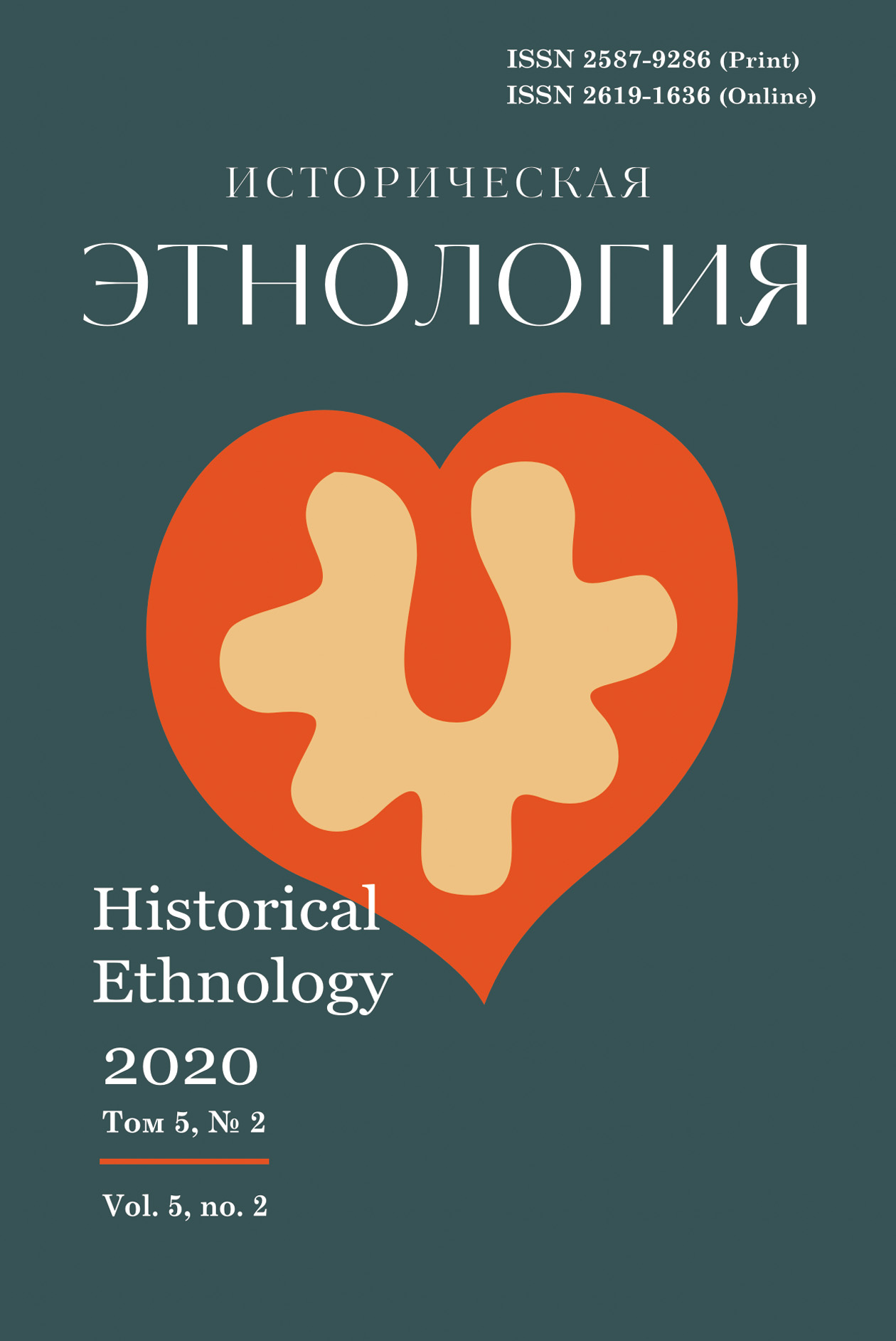
Main menu / 2020, vol.5, no.2 / Garipova R.
The role of Rizaeddin Fakhreddin in the Reform of Islamic Family Law in the Russian Empire Garipova R.
206-224 p. doi.org: 10.22378/he.2020-5-2.206-224 At the end of the nineteenth and early twentieth century, Muslim communities in different parts of the world faced a common problem – women’s inability to obtain divorce after their husbands got missing or disappeared. These women, deprived of provision (nafaqa), could neither sustain themselves financially nor remarry. This paper focuses on the responses of Russia’s Islamic scholars to this problem which were compiled by a prominent religious scholar Rizaeddin Fakhreddin in a publication, titled Mutala‘a. The problem in the Volga-Ural Muslim community was deeply entangled with the question of religious authority under the Russian imperial rule. Therefore, Fakhreddin’s initiative aimed not only at bringing solution to women’s hardship but also at addressing the problem of religious authority and structural challenges in the application of shari‘a which developed in the nineteenth century. I argue that this collection of legal opinions was both an attempt to find a permanent solution to the problem of divorce of women and an instrument to strengthen the legal authority of the ‘ulama. Keywords: divorce with missing husbands, fatwa, Volga-Ural Muslims, Rizaeddin Fakhreddin, religious and legal authority For citation: Garipova R. Rol' Rizaeddina Fakhreddina v reforme musul'manskogo semeynogo prava v Rossiyskoy imperii [The role of Rizaeddin Fakhreddin in the Reform of Islamic Family Law in the Russian Empire]. Istoricheskaya etnologiya, 2020, vol. 5, no. 2, pp. 206–224. https://doi.org/10.22378/he.2020-5-2.206-224
REFERENCES Dudoignon S. Echoes to Al-Manar Among the Muslims of the Russian Empire: a preliminary research note on Rizaeddin Fakhreddin and the Shura 1908–1918. Intellectuals in the modern Islamic world: transmission, transformation, communication. London and New York: Routledge, 2006, рр. 85–116. (In English). About the author: : Rosalia Garipova is a PhD, assistant-professor at Nazarbayev University (53 Kabanbay Batyr Ave., Nur-Sultan 010000, Republic of Kazakhstan); rozaliya.garipova@nu.edu.kz
Received August 6, 2020 Accepted for publication October 27, 2020 Published Online November 27, 2020 |
Istoricheskaya etnologiya Historical Ethnology
Scientific journal







